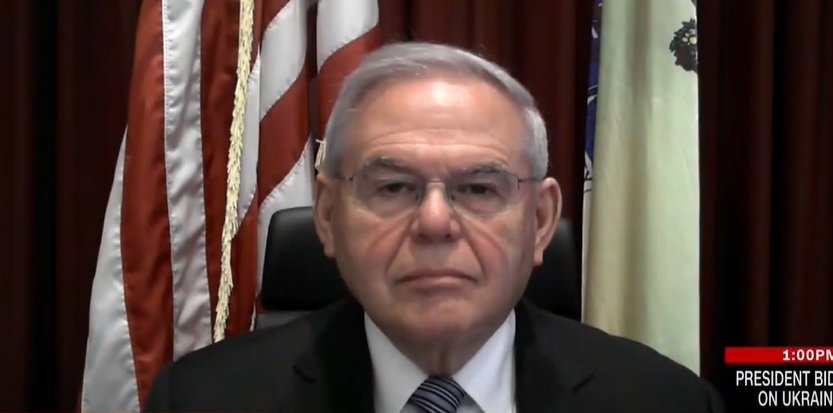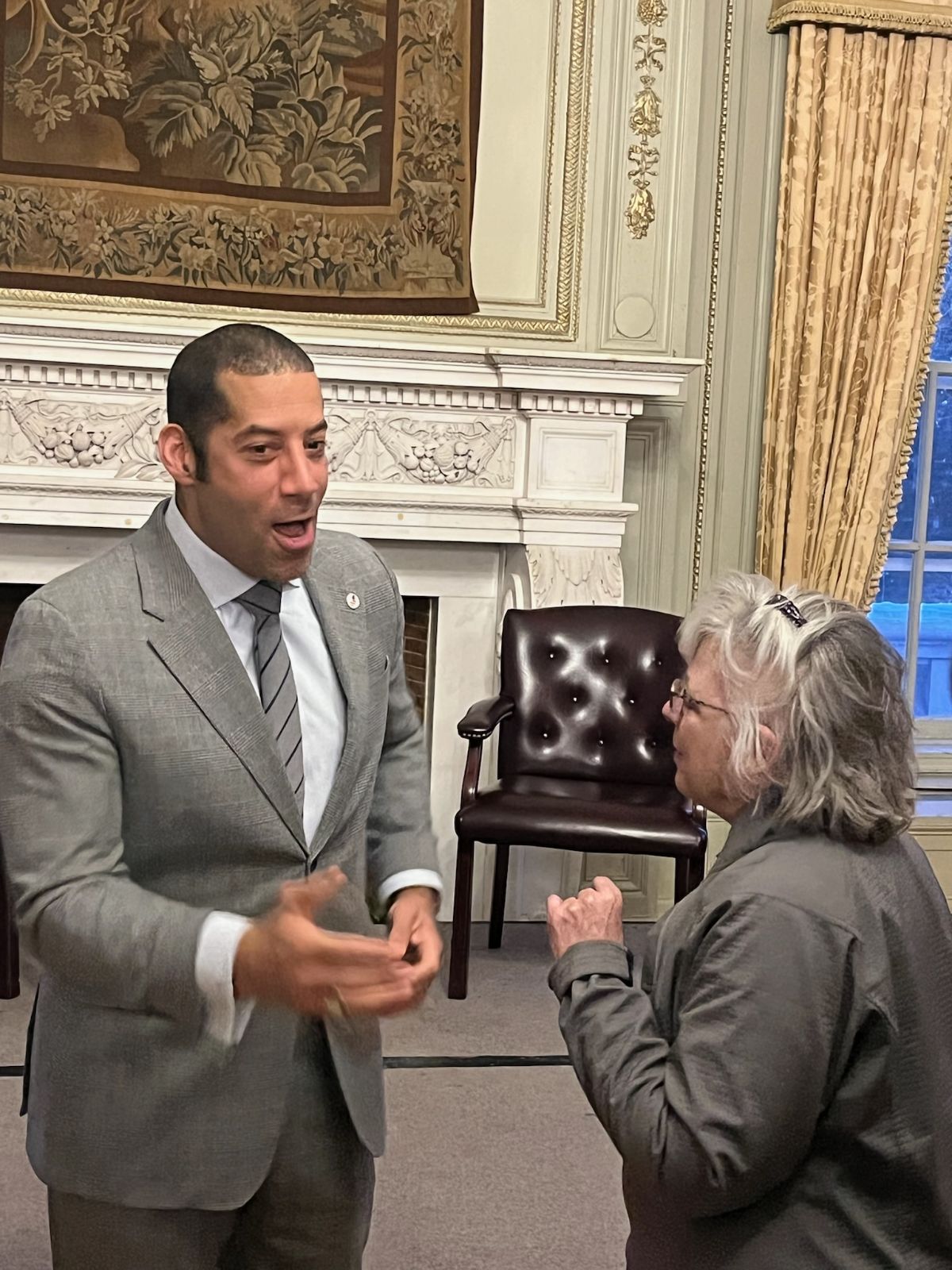
The Bob Menendez saga is still unfolding.
Will he resign?
There were reports Wednesday night that he was going to quit, but the senator said it’s not happening.
And if he does resign, who will the governor name to replace him?
There is, of course, some incredible chutzpah here. A man convicted of serious bribery and corruption charges still thinks he can do the job of representing his constituents.
All this will play out in time.
But as I mentioned in a column earlier this month, there is another uncertainty and if it comes to pass, it won’t be for a year or two.
It’s the U.S. Supreme Court.
When Menendez said after he was convicted, he was confident of winning on appeal, he was probably thinking about the Supreme Court.
For reasons that seem confounding to ordinary mortals, some of the court’s recent rulings have come down in favor of corrupt politicians.
There was the case of former Virginia Gov. Robert McDonnell, who was convicted of promoting a dietary supplement in exchange for lavish gifts, including designer clothes and a Rolex. The court ruled eight years ago that the help the governor provided was done in the normal course of business and was not in itself, an “official act.” So the conviction was overturned.
A seemingly more egregious affront to common sense occurred in the just concluded term.
That’s when the court overturned the conviction of a mayor in Indiana who got $13,000 from a trucking company after the town bought five of its garbage trucks for $1.1 million. The opinion said that a bribe must be paid before action is taken, not after it.
Looking at those two precedents, it’s not going to be hard for Menendez’ lawyers to argue what they did at trial – that the cash, gold bars and other gifts he received were just tokens of friendship. And that they had no impact on his decision making.
Both these rulings make it more difficult to convict unsavory public officials. All cases are different, of course, but precedent is important.
As is the court’s enunciated philosophy in this regard.
Justice Neil Gorsuch in the most recent case – Snyder vs. the United States – spoke of leniency. He put it this way:
“Judges are bound by the ancient rule of lenity to decide the case as the Court does today, not for the prosecutor but for the presumptively free individual.”
In other words, the individual has the upper hand even if he is an elected official convicted of corruption.
We don’t know if a Menendez appeal would even get to the high court. And if it does, as mentioned, it will take some time.
Nonetheless, it would be quite ironic if Menendez, a liberal Democrat, is ultimately cleared by the conservative Supreme Court.
(Visited 126 times, 126 visits today)
The Menendez family’s story in New Jersey is one that has captivated the nation for decades. The family, consisting of parents Jose and Kitty Menendez and their two sons, Lyle and Erik, gained notoriety in the early 1990s when they were accused of brutally murdering their parents in their Beverly Hills mansion.
The Menendez family appeared to be living the American dream – they were wealthy, successful, and seemingly happy. However, behind closed doors, there was a different story unfolding. Jose Menendez was a successful entertainment executive, while Kitty was a devoted homemaker. Lyle and Erik were both talented athletes, with Lyle excelling in tennis and Erik in golf.
On the night of August 20, 1989, the Menendez parents were shot to death in their home. At first, the murders were believed to be a random act of violence, but as more details emerged, suspicion fell on Lyle and Erik. The brothers initially claimed that they had found their parents dead after returning home from a movie, but inconsistencies in their stories and their extravagant spending in the months following the murders raised red flags.
The Menendez brothers were eventually arrested and charged with first-degree murder. Their trial became a media sensation, with the defense arguing that the brothers had been abused by their parents for years and were driven to commit the murders out of fear for their own lives. The prosecution painted a different picture, portraying the brothers as cold-blooded killers who were motivated by greed.
In 1996, Lyle and Erik Menendez were convicted of first-degree murder and sentenced to life in prison without the possibility of parole. The case continues to be a subject of fascination for true crime enthusiasts and psychologists alike, as it raises questions about the nature of abuse, family dynamics, and the lengths people will go to protect themselves.
The Menendez family’s story serves as a cautionary tale about the dangers of unchecked privilege and the devastating consequences of unresolved trauma. It is a reminder that even seemingly perfect families can harbor dark secrets, and that appearances can be deceiving.



